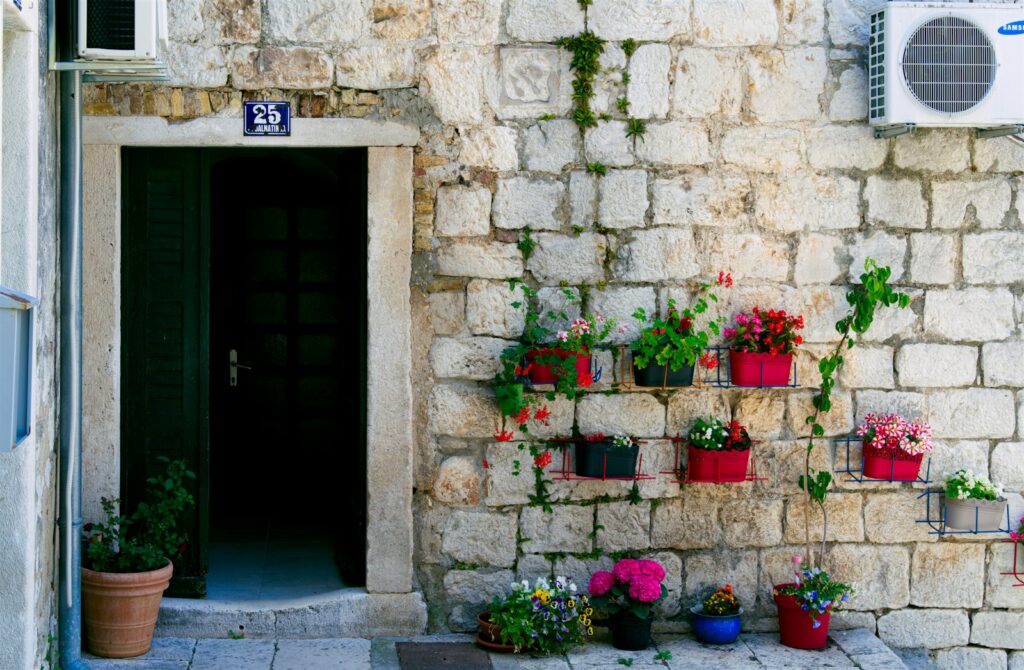As Šibenik embraces its rich cultural heritage and stunning natural landscapes, the city also recognizes the importance of sustainable waste management in preserving its beauty for future generations. With increasing tourism and urbanization, effective waste management strategies have become essential for maintaining the health of the environment and the well-being of its residents.
Current Waste Management Practices
Šibenik’s waste management system is designed to tackle the challenges posed by urban waste. The city has implemented a mixed approach that includes waste segregation, recycling, and composting initiatives. Local authorities have installed multiple waste bins throughout the city, clearly marked for paper, plastic, glass, and organic waste. This encourages residents and visitors alike to participate in proper waste disposal practices.
One of the significant steps taken by Šibenik is the introduction of a municipal waste collection schedule, ensuring timely pick-up and reducing the accumulation of waste in public areas. Additionally, the city has set up an educational campaign aimed at raising awareness about the importance of waste segregation and recycling. Schools, community centers, and local organizations play an active role in these initiatives, fostering a sense of responsibility among residents.
Recycling Initiatives
Recycling is a cornerstone of Šibenik’s sustainability efforts. The city has partnered with local organizations to enhance its recycling programs. Residents are encouraged to recycle not just traditional materials like paper and plastic, but also electronics and hazardous waste. Special collection days are organized to facilitate the disposal of items that require special handling.
The results have been promising: Šibenik has seen a gradual increase in recycling rates over the past few years. Community engagement through workshops and informational sessions has helped demystify the recycling process, empowering citizens to make environmentally friendly choices.
Composting and Organic Waste
Recognizing the importance of managing organic waste, Šibenik has also initiated composting programs aimed at reducing landfill contributions. Community compost bins have been set up in parks and communal areas, allowing residents to dispose of their kitchen scraps and yard waste. This not only reduces the amount of organic material sent to landfills but also provides nutrient-rich compost that can be used in local gardens.
Educational initiatives encourage households to start their own composting systems. Local gardening clubs often host workshops, teaching residents how to effectively compost at home, thus promoting a circular economy and reducing waste.
Engaging the Community
Community involvement is crucial for the success of any sustainability initiative. Šibenik’s local government actively engages residents through clean-up events, tree-planting days, and educational programs in schools. These events not only help in maintaining the cleanliness of the city but also foster a sense of community and shared responsibility.
Moreover, the city encourages local businesses to adopt sustainable practices. Incentives are provided for those who implement eco-friendly waste management solutions, thereby promoting a culture of sustainability within the commercial sector.
Challenges Ahead
Despite the progress made, Šibenik faces challenges in achieving its sustainability goals. The seasonal influx of tourists increases waste generation, putting additional pressure on the existing waste management system. To address this, the city is exploring innovative solutions, such as temporary waste management stations in tourist hotspots and targeted awareness campaigns aimed at visitors.
Additionally, ongoing investment in infrastructure and technology is necessary to streamline waste collection and recycling processes. Collaborations with neighboring municipalities may also enhance regional waste management strategies, allowing for shared resources and expertise.
Looking to the Future
Šibenik’s commitment to sustainability and effective waste management reflects a growing awareness of environmental issues. By continuing to invest in community education, recycling initiatives, and organic waste management, the city is not only preserving its natural beauty but also setting an example for other communities.
As Šibenik moves forward, the integration of sustainable practices into everyday life will be essential. By prioritizing waste management, the city can ensure that its picturesque landscapes and rich cultural heritage remain vibrant and intact for generations to come. With collective effort and dedication, Šibenik can truly become a model of sustainability on the Adriatic coast.






